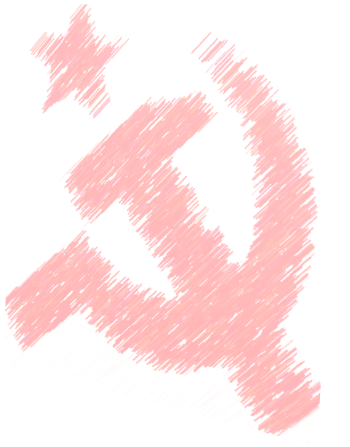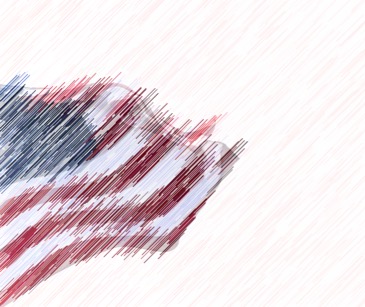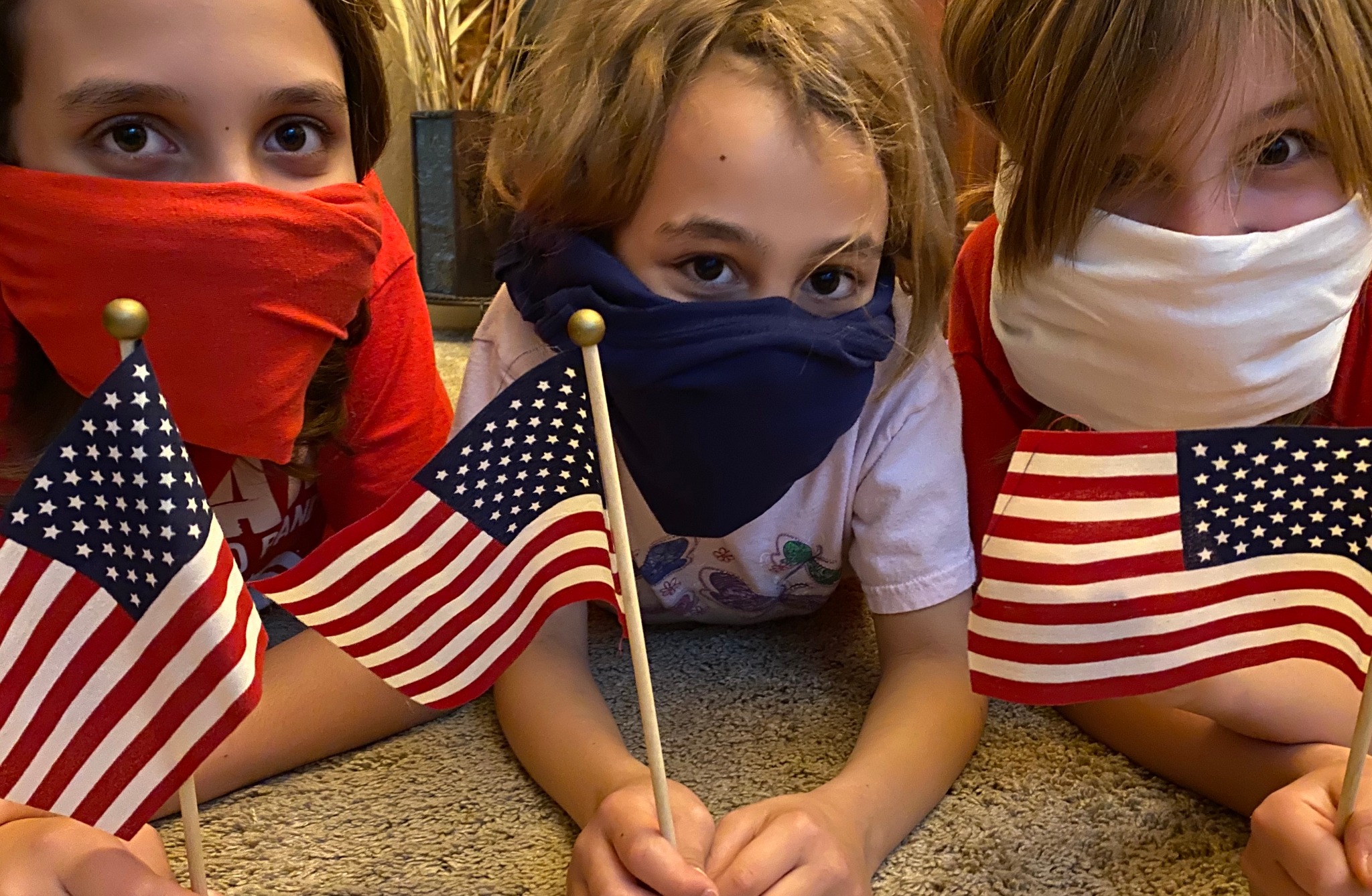The Socialism of a Pandemic

From birth to the age of 7, I lived in a socialist country. Of course, I had no idea what that meant, but even in my young mind, there were certain events that I found peculiar.
Today, it seems, the Coronavirus has created a similar peculiarity and sent the unwelcome, but required, societal restrictions that are reminiscent of the coattails of socialism.
The doors of life, liberty and pursuit of happiness have been closed on us temporarily. Ironically, we have the key to open those doors at any time, yet the manner in which to regain those liberties is to not use that key. Not yet. In other words, we must stay home and live in a sort of temporary socialism to save the lives of others, and our own. We must freely abdicate our democracy, our freedom, for a benevolent cause.
Socialism didn’t affect a child’s life much. I have beautiful memories of friendships; being able to go to the store for my mother on my own; playing in the streets with my friends—without adult supervision; summers at the beach house swimming, fishing, eating ice cream and playing until nightfall… It was a simple, safe and easy life.
However, I do not have memories of going to church, even though I know my mother did. Perhaps it’s the normal “childhood amnesia,”—the loss of some childhood memories of events that occur before the age of 10. Or, it’s life in socialism.
The day Yugoslavia’s dictator Josip Broz Tito died, I was 6 years old and I told my mother I didn’t like him very much. In a paranoid, serious manner, like I had never seen in her before, she bent down to my level and told me, “Don’t you ever say that again. We could be in a lot of trouble.”
After Tito’s death, Yugoslavia had proclaimed seven days of official mourning. We had to keep our curtains drawn and could not go outside. I didn’t understand why we were not allowed to let the warm sunshine in, or why I could not play outside with my friends. I was supposed to be sad…. even though I really didn’t feel sad.
Socialism, was not communism. It was slightly different, but similar enough for my family to avoid the Party like the plague. In socialism, life was moderately restricted, but you had to know the rules, and follow them.
Memories in those first seven years are faint; however, I do recall having to be measured and know what opinions I could and could not express. It was hard for a kid who always had questions…
As the restrictions resulting from COVID-19 hit our states, cities and country, these memories came rushing back to me. Easter Sunday approaches and we find ourselves unable to attend service. The parallels of socialism and this pandemic have encased me in a peculiar world of comparisons.
The Coronavirus has veiled America in, what I would term, pandemic socialism—no public worship, closed businesses by order of the government, stay at home orders, restrictions on how close you may stand next to someone, where you may and may not go… The large distinction is that our pandemic-imposed socialist way of life will end, without a war, without a government overthrow, but with scientific breakthrough and in peace.

When I moved to America at the age of 7, life was very different from what it had been in Croatia, then a part of Yugoslavia. In America we went to church weekly. I went to Catechism classes with classmates. My father started his own business. Freedom seemed to be in the air we breathed. You simply felt it expand your lungs, your heart and your mind. It gave you hope. It gave you dreams. And it made you believe wholeheartedly in the expression: If you could dream it, you could achieve it.
Today, I see a virus polluting that same air, poisoning our freedoms and slowly taking away the liberties most Americans have known all of their lives. For me, it reawakens familiar memories of the past. Yet, for many, it is a very unfamiliar existence, that perhaps even stirs a sense of an initial, primal desire for rebellion—that is, until we realize we must relinquish the freedoms we are so accustomed to, the freedoms we have often taken for granted, in order to save our lives and the lives of others. It is the only way to proceed if we desire to protect our future liberties and each other. It is a time of self-sacrifice. It is a time of unity and love in the remote setting of distance.
As we struggle with staying at home, boredom, restlessness, missing the socializing with our friends and family, the inability to freely move about in our cities and states, the loss of income, let us remember that countries have lived with much worse, for much longer—many still do. That lack of freedom was not a response, a necessity, to save lives, it was enforced and forced upon a society to assure the government possessed the most power. Ours is one of saving each other.
In our America of today, WE still have the power. WE still have the choice. And the choice is clear: By protecting others, we are protecting ourselves, simply by staying home.
Ours is a responsibility, an accountability. As Americans, some of us may feel as if our rights are being taken away. But this is the socialism of a pandemic rather than a regime.
To those of us who experienced communism or socialism, the rules are not difficult to adapt to. It is critical to realize that as much as life has changed for us, we still live in a free society of choices and rights. Currently, our choices are just limited. That is not a high price to pay. The price could be so much higher. This virus distances us, breaks us apart and leaves us to suffer in solitude. But we do have control by breaking up this beast as it does us: By social distancing and staying at home!
The cost of the sacrifice may seem high, but is it really? In this moment, we are all soldiers, supporting those in the front lines—the brave healthcare workers, first responders, and all who are running this country as we find creative ways to use our own skills to help and thank them. This is where our focus should be. Our battle is simple: limit exposure, stay at home and practice social distancing. Is that really too much to ask?
Dwight D. Eisenhower said, “There is nothing wrong with America that faith, love of freedom, intelligence, and energy of her citizens cannot cure.” We WILL cure our country through that faith in God and one another, through the love of freedom by choosing to limit our freedoms, through the intelligence of our medical community, researchers and scientists and through the energy of all our citizens who support and love one another in these difficult times.

Ivana Segvic-Boudreaux
